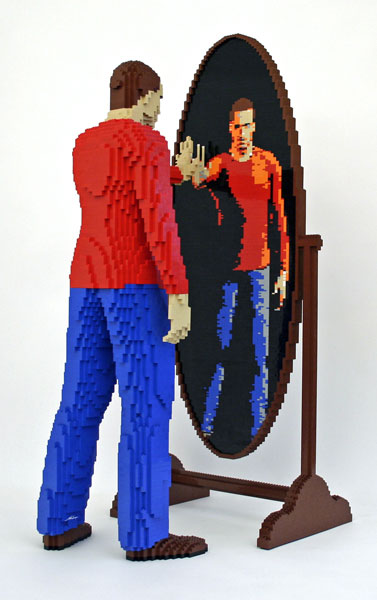When trying to find something to write about for this blog, I remembered a book I read a few summers ago (yes, I read a book...in the summer!); it was called "Do Hard Things." While I don't remember exactly what the book was about, I do remember that it was basically challenging today's youth to step out of their comfort zones, take a look at the world around them, and do something to change it, challenge themselves, and better their lives and the lives of the people around them. I googled the book and found their website. The name of the website is "The Rebelution," proposing the idea that teenagers should rebel against the low expectations that society has of teenagers, and instead choose to do something productive and useful, proving that we are capable of much more than we are often given credit for. The "Rebelution" is on tour, with several conferences across America. They also have a forum on their website, with over 5,000 registered users, and over 100,000 articles. The whole thing started in 2005, with two passionate brothers who are now only 19. On their site, the brothers say, "In 1 Timothy 4:12, the Apostle Paul tells Timothy, 'Let no one despise you for your youth, but set the believers an example in speech, in conduct, in love, in faith, in purity.' In other words, as young people we are called to be exemplary in all areas of life...We call it the 'myth of adolescence.' And the Rebelution is all about busting that myth."
I think while the whole "Rebelution" thing sounds kind of corny and unrealistic, the people involved really are taking action, and pushing the limits in regards to what many people think teenagers are (or aren't) capable of. Bauerlein said toward the end of chapter six, "The Dumbest Generation cares little for history books, civic principles, foreign affairs, comparative religions, and serious media and art, and it knows less." While this may be true for much of our generation, I think it is encouraging that some of our peers are taking a stand against mediocrity, and are encouraging us to "Do Hard Things."
In regards to chapter six itself, I found it to be very difficult to understand. What I got out of it is that our generation cares very little about civic responsibility, and unless we change that, we "may even be recalled as the generation that lost that great American heritage, forever." I know that I, personally, have never been interested in civics. I don't know if it's because of the generation I'm in, or if it's just the way I am. I realize that I should understand certain rights and responsibilities, but frankly, it's hard to care sometimes. I see what Bauerlein was saying when he said that our generation may "lose our heritage," but on the other hand, I know that there are plenty of young people who are passionately involved in civics and politics.
 An article I found that goes a long with this chapter and the book in general is called
An article I found that goes a long with this chapter and the book in general is called 







